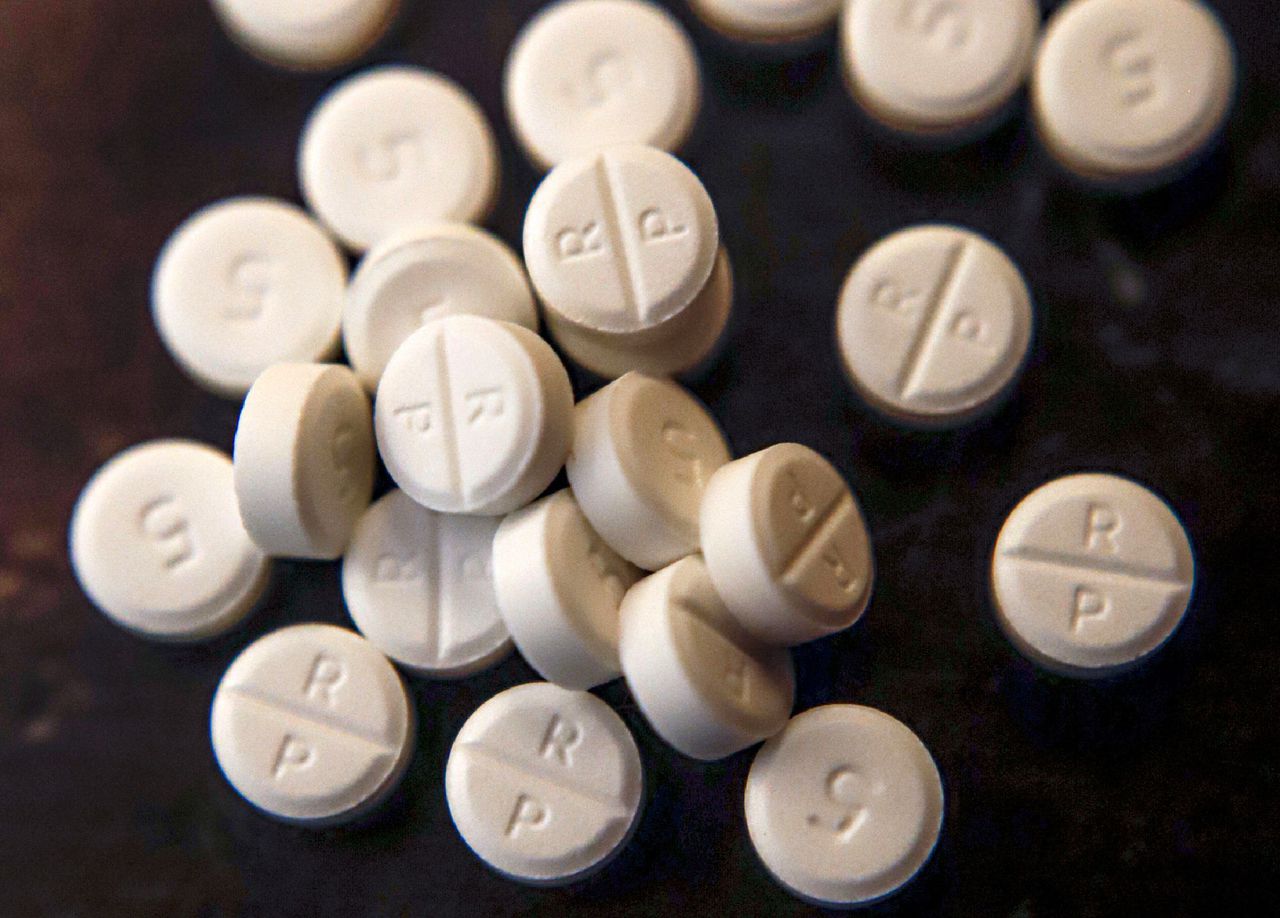Alabama looks to spend initial $10 million from opioid settlement on addiction treatment
A bill introduced in the Alabama legislature will send most of this year’s $10 million opioid settlement payment to the Alabama Department of Mental Health for programs to prevent and treat addiction.
It’s the first bill related to almost $300 million that will be split between the state and cities as part of legal settlements with the large companies that produced and distributed opioid painkillers. The bill will send $8.5 million to the Alabama Department of Mental Health and $1.5 million to the Alabama Department of Corrections.
Lawmakers on the House Ways and Means Committee approved the bill on March 17. The sponsor is Rep. Rex Reynolds, R-Huntsville.
Community providers will be able to apply for grants to use the money on proven programs to treat and prevent opioid addiction. The Alabama Department of Corrections can use its portion on inpatient treatment, services and medication for inmates with substance use disorder.
People with opioid addiction who leave prison have high risks of death by overdose. A study by researchers at Oregon Health and Science University found that the risk of overdose death is nearly 10 times higher among people recently released from prison than the general population.
The money arrives at a key time for Alabamians suffering from opioid addiction. Powerful fentanyl has replaced pain pills and heroin among drug users, which has caused a sharp increase in drug overdose deaths. Officials have responded by making overdose reversal drugs and medications for addiction treatment easier to obtain.
The funds from the opioid settlement could help expand treatment capacity in Alabama, which has been stretched thin during the opioid crisis, said Chris Retan, executive director of Aletheia House, a treatment facility. Options for uninsured people in Alabama do not have enough space to meet demand, he said.
“More people are dying from fentanyl and other opioid overdoses than at any time in our state’s history,” Retan said. “We’ve had other epidemics, like the crack epidemic, which caused a great deal of suffering and pain. But not so many people were dying. This is a deadly disease in a way that it’s never been in the history of our state.”
